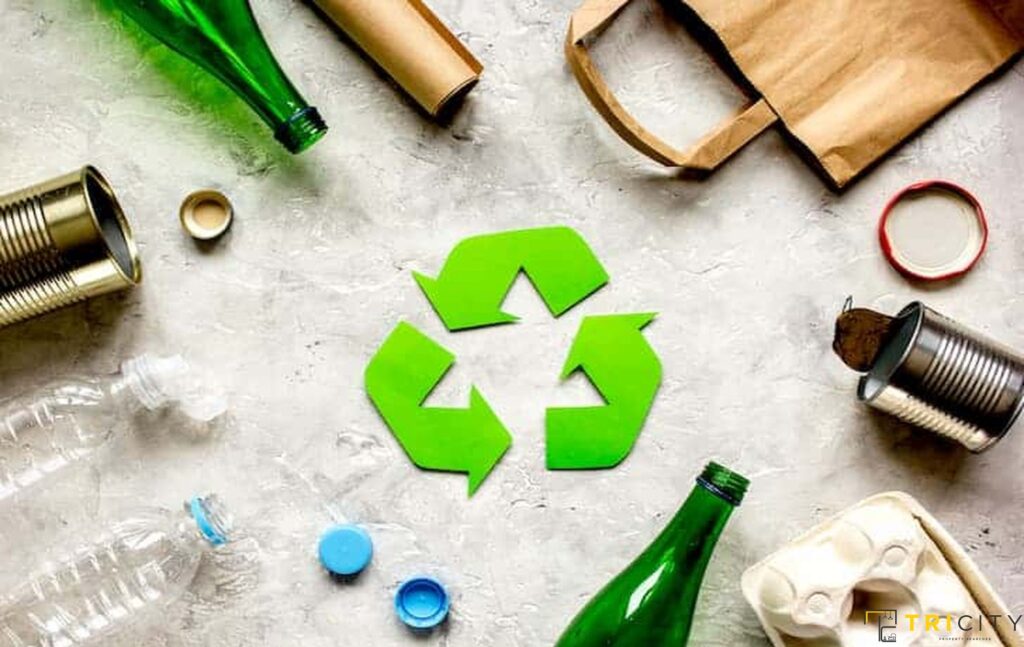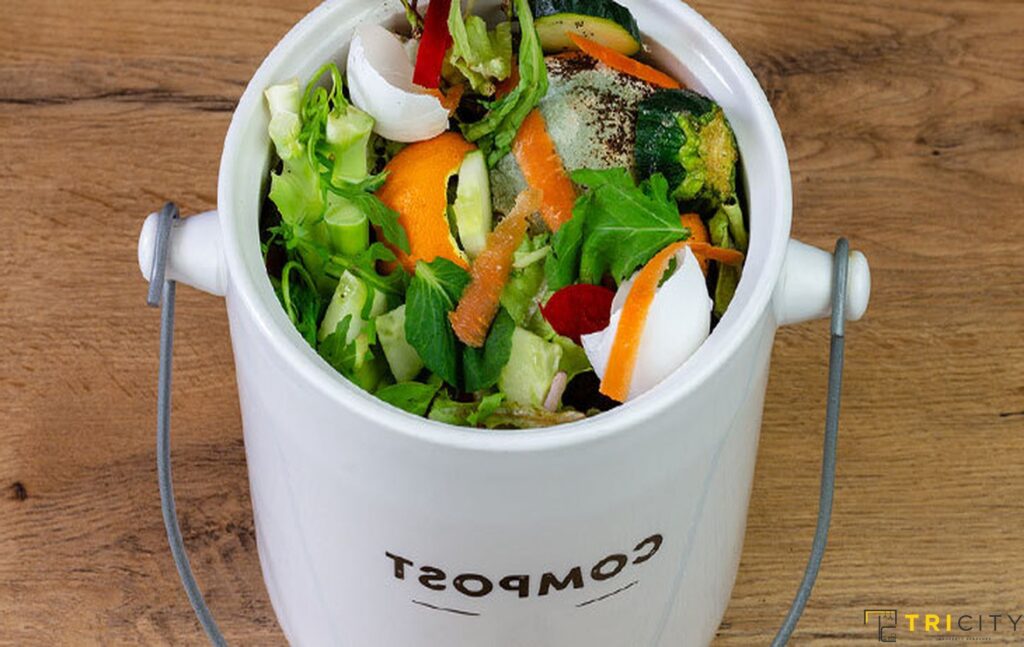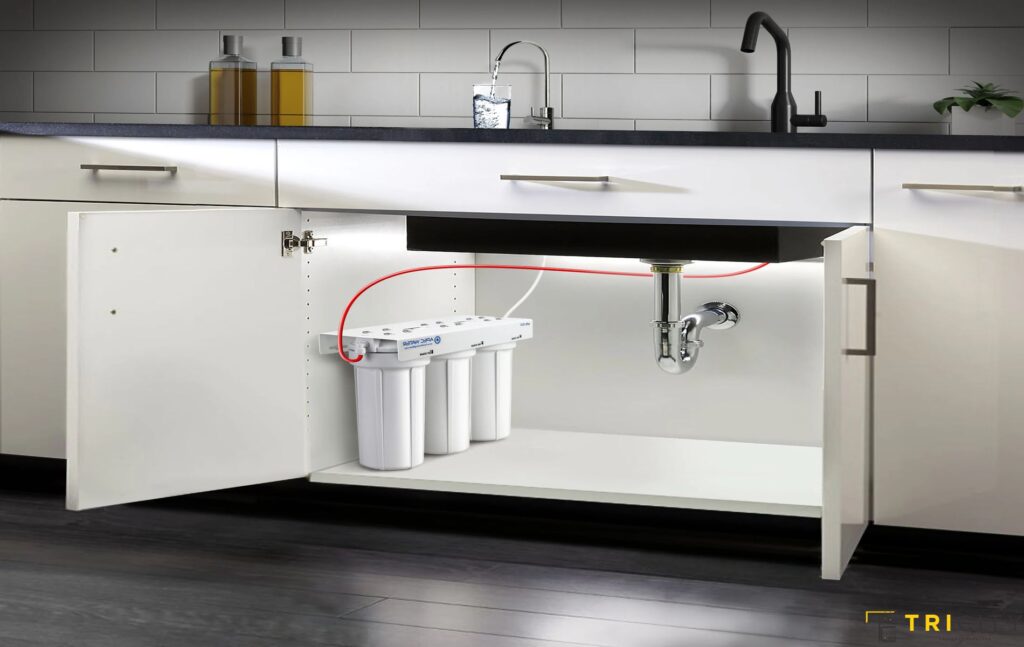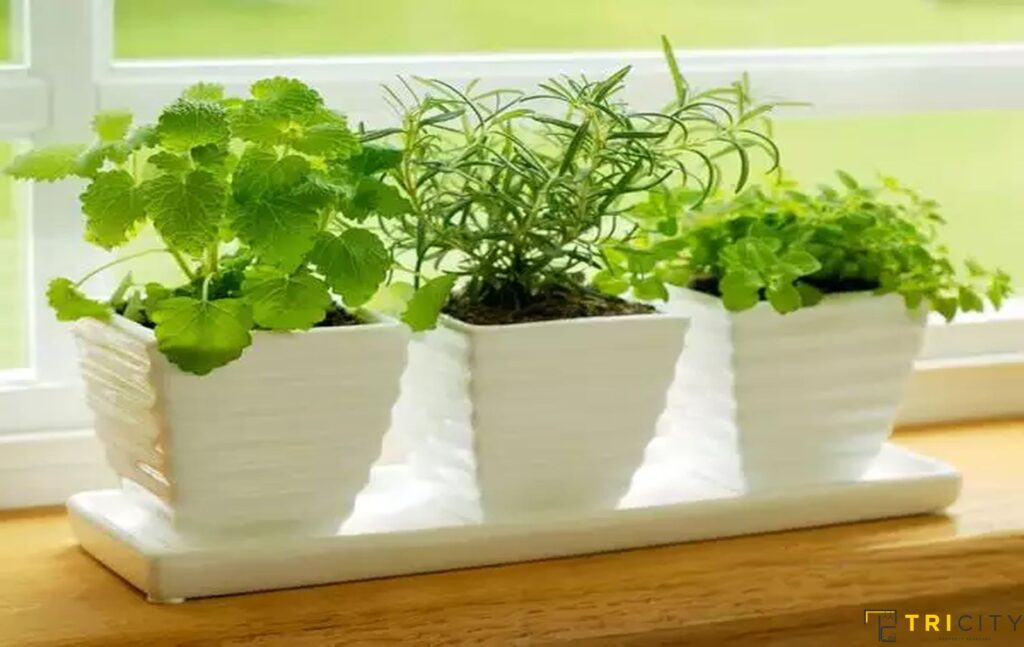
The kitchen is often considered the heart of the home, where meals are prepared, shared, and enjoyed with family and friends. However, it is also a space where a significant amount of energy and resources are used. From cooking to cleaning, there are many ways to make your kitchen more eco-friendly and sustainable. In this topic, we will discuss green home improvement tips for kitchen that will help you reduce your carbon footprint, save money, and create a more sustainable living space.
9 Green Home Improvement Tips For Kitchen
Install Energy-Efficient Appliances
Installing energy-efficient appliances is one of the best ways to make your kitchen more eco-friendly and reduce your energy bills. Energy-efficient appliances such as refrigerators, dishwashers, ovens, and stovetops use less energy and water than older models.
These appliances are designed to be more energy-efficient by using advanced technology, such as better insulation, smart controls, and energy-saving features like auto-shutoff and low-power modes.
While energy-efficient appliances may cost more upfront, the energy and cost savings over time make them a worthwhile investment.
Use Low-Flow Faucets and Fixtures

Using low-flow faucets and fixtures is another way to make your kitchen more eco-friendly and conserve water.
Low-flow faucets and fixtures are designed to reduce the amount of water that flows through them without compromising their functionality. This can result in significant water savings and lower water bills. Additionally, reducing water usage helps to conserve our planet’s most precious resource.
There are many different types of low-flow faucets and fixtures available on the market, including aerators, low-flow showerheads, and low-flow toilets.
Choose Sustainable Materials

Choosing sustainable materials for your kitchen is an essential step in creating an eco-friendly and sustainable living space. Sustainable materials are those that are sourced and produced in a way that minimizes their environmental impact. Some examples of sustainable materials for your kitchen include bamboo, reclaimed wood, recycled glass, and natural stone.
Bamboo is a popular choice for kitchen flooring, cabinets, and countertops. It is a fast-growing grass that is easily renewable and can be harvested without harming the environment. Reclaimed wood is another sustainable material option that gives your kitchen a unique look while reducing the demand for new wood products.
Recycled glass can be used for kitchen countertops and backsplashes, and natural stones such as granite and marble are durable and long-lasting. So, you can easily incorporate such green home improvement tips for kitchen.
Use Natural Cleaning Products

Using natural cleaning products in your kitchen is an eco-friendly and safe way to keep your kitchen clean and free from harmful chemicals. Many conventional cleaning products contain harsh chemicals that can harm the environment and your health. These chemicals can also contribute to indoor air pollution, which can cause respiratory problems.
Fortunately, there are many natural cleaning products that are effective in cleaning your kitchen without the use of harmful chemicals. Thus, one of the most focus-worthy green home improvement tips for kitchen.
Natural cleaning products such as vinegar, baking soda, lemon juice, and castile soap are readily available and can be used to clean countertops, floors, and appliances. Additionally, using natural cleaning products can be more cost-effective than conventional cleaning products.
Use Energy-Saving Lighting

Using energy-saving lighting in your kitchen is an effective way to reduce your energy consumption and carbon footprint.
Conventional incandescent light bulbs use a lot of energy and need to be replaced frequently, making them costly and environmentally unfriendly. Energy-saving LED bulbs, on the other hand, are much more energy-efficient and last longer than traditional bulbs.
LED bulbs use up to 80% less energy than incandescent bulbs and last up to 25 times longer, which can save you money on your energy bills and reduce waste. Additionally, LED bulbs are available in a variety of colors and brightness levels, making them an excellent choice for all types of kitchen lighting.
Use Recyclable or Reusable Products

Using recyclable or reusable products in your kitchen is an excellent way to reduce your environmental impact and minimize waste. Single-use products such as paper towels, plastic bags, and disposable cutlery can generate a significant amount of waste, which can be harmful to the environment.
By using recyclable or reusable products for kitchen, you can reduce the amount of waste that goes into landfills and conserve resources.
Reusable products such as cloth napkins, dish towels, and washable kitchen sponges can be used repeatedly and washed, reducing the need for single-use products. Additionally, using recyclable products such as glass jars, metal containers, and paper bags can help to reduce waste and promote sustainability.
Compost Food Scraps

Composting food scraps is an eco-friendly way to reduce waste and create nutrient-rich soil for gardening. It is one of the easiest green home improvement tips for kitchen.
Food waste that is sent to landfills can take years to decompose and release harmful methane gas, which contributes to climate change. By composting food scraps, you can divert organic waste from landfills and reduce your carbon footprint.
Composting is a simple process that involves collecting food scraps such as fruit and vegetable peels, eggshells, coffee grounds, and tea bags and allowing them to decompose over time.
Compost can then be used to enrich the soil for gardening or landscaping, which can reduce the need for synthetic fertilizers and promote plant growth.
Install a Water Filter

Installing a water filter in your kitchen is a great way to reduce your environmental impact while also enjoying clean and safe drinking water. Bottled water consumption can generate a significant amount of plastic waste, and the production and transportation of bottled water can contribute to greenhouse gas emissions.
Using a water filter can help to reduce your reliance on bottled water and provide you with clean and safe drinking water directly from your tap. Additionally, a water filter can remove impurities such as chlorine, lead, and other contaminants, which can improve the taste and odor of your water.
There are many different types of water filters available, including pitcher filters, faucet filters, and under-sink filters. Choose a filter that meets your needs and is compatible with your water source. Some filters may require professional installation, while others can be easily installed without the need for special tools or equipment.
Grow Your Own Herbs

Growing your own herbs in your kitchen is a fun and sustainable way to enjoy fresh and flavorful ingredients for cooking. Herbs are easy to grow and require minimal space, making them an excellent option for those who live in apartments or have limited outdoor space.
Growing your own herbs for can also reduce your environmental impact by reducing the need for transportation and packaging of store-bought herbs. Additionally, growing your own herbs can be cost-effective and allow you to experiment with different varieties and flavors.
To start growing your own herbs, choose a sunny location in your kitchen and select herbs that are well-suited to indoor growing. Common indoor herbs include basil, thyme, oregano, parsley, and mint. Use well-draining soil and water your herbs regularly, making sure not to overwater them.
You can also use natural and organic methods to fertilize your herbs, such as compost or organic fertilizers. Harvest your herbs regularly, using them fresh or drying them for later use.
Conclusion
These green home improvement tips for kitchen can not only reduce your environmental impact but also save you money on your energy bills and promote a healthier lifestyle. By incorporating sustainable practices such as using energy-efficient appliances, installing a water filter, composting food scraps, using natural cleaning products, and growing your own herbs, you can create a more eco-friendly and sustainable kitchen.
Small changes in your kitchen habits can add up over time to make a significant impact on the environment. By adopting these tips, you can make a positive contribution to the planet while also creating a more comfortable and enjoyable living space. So, start implementing these tips in your kitchen and enjoy the benefits of a sustainable and eco-friendly lifestyle.
Also check out green home improvement tips for bathroom.







